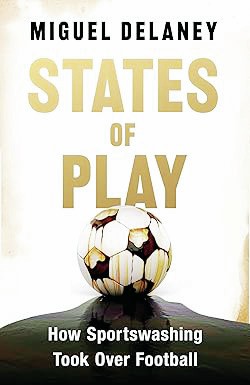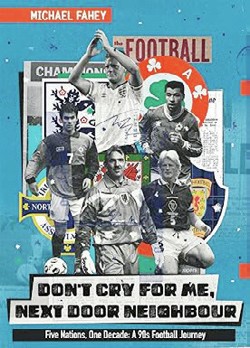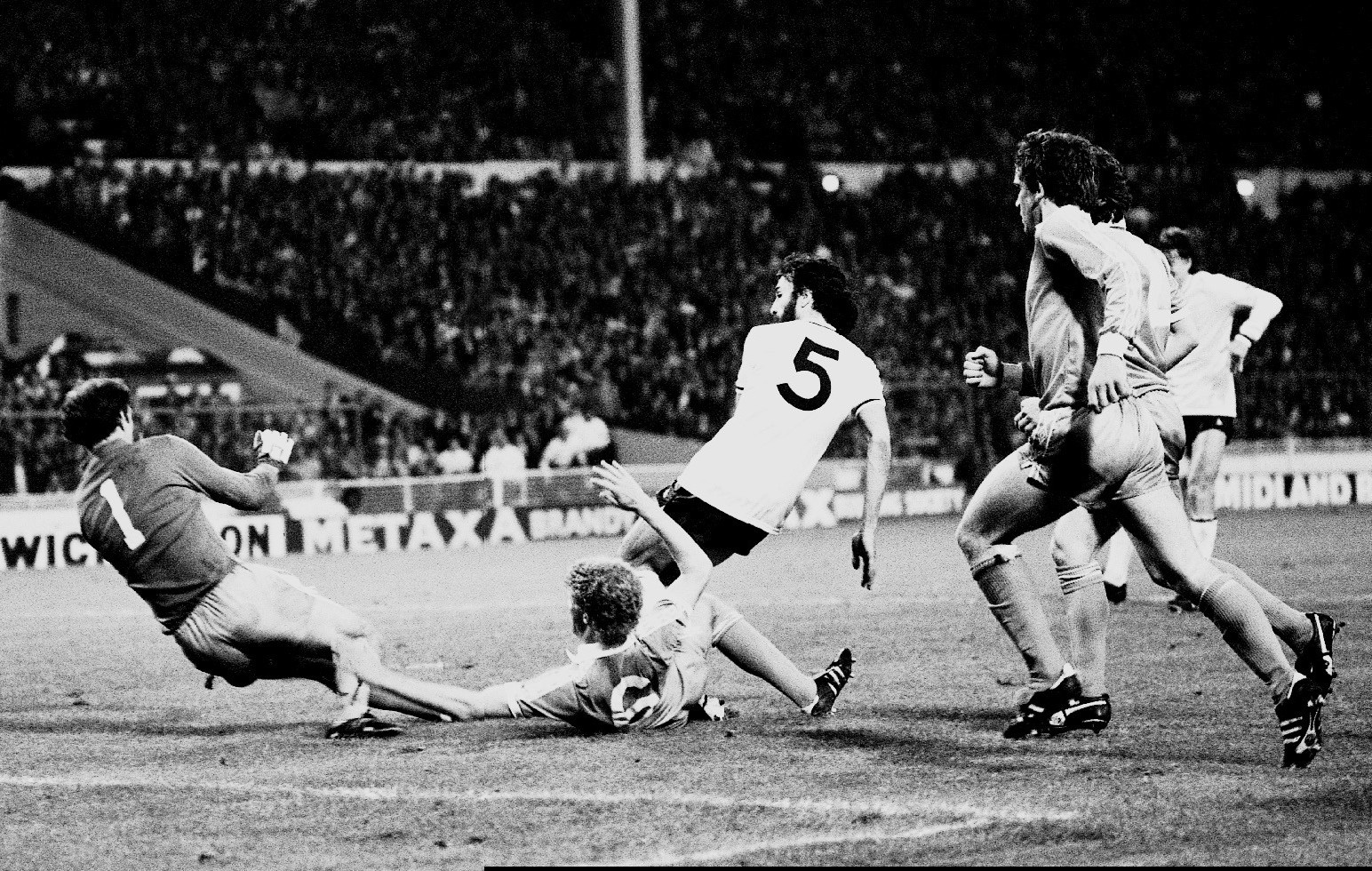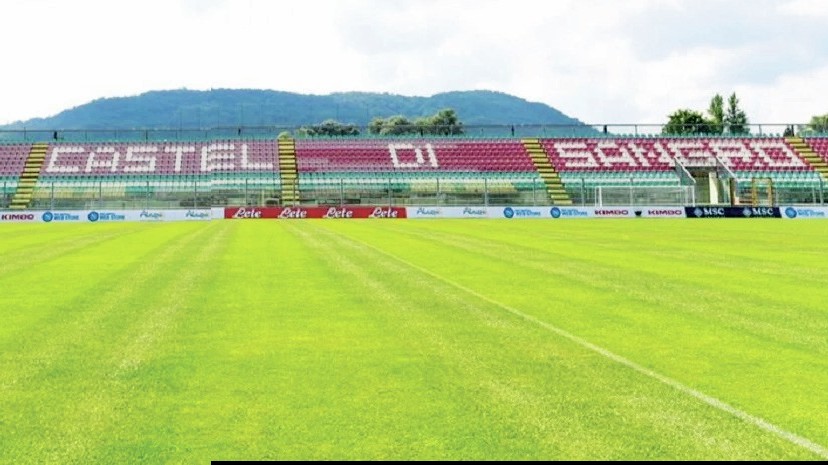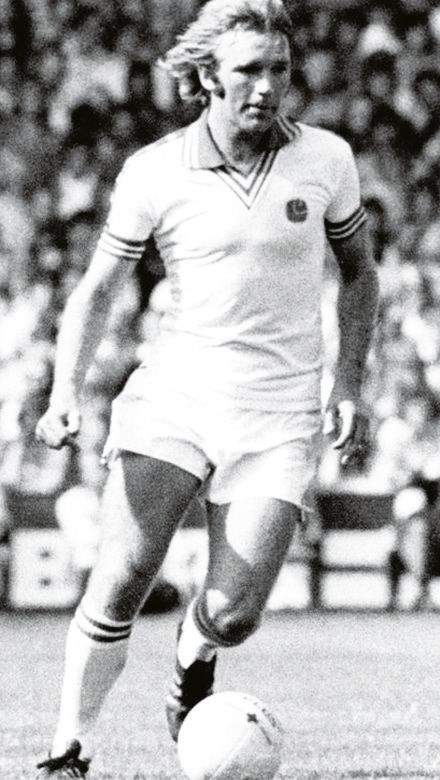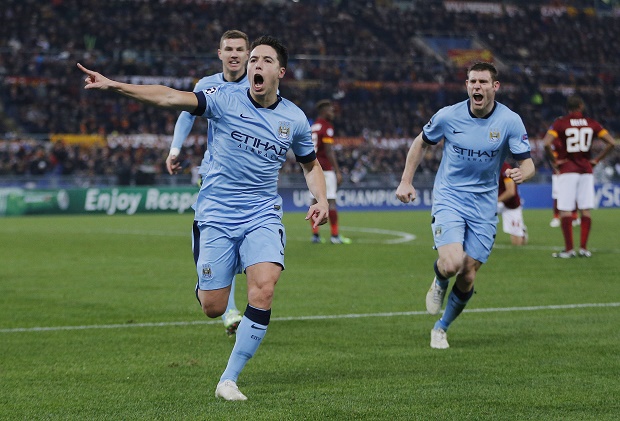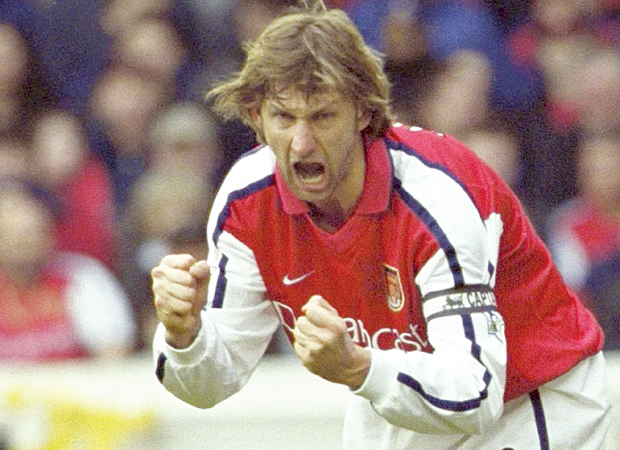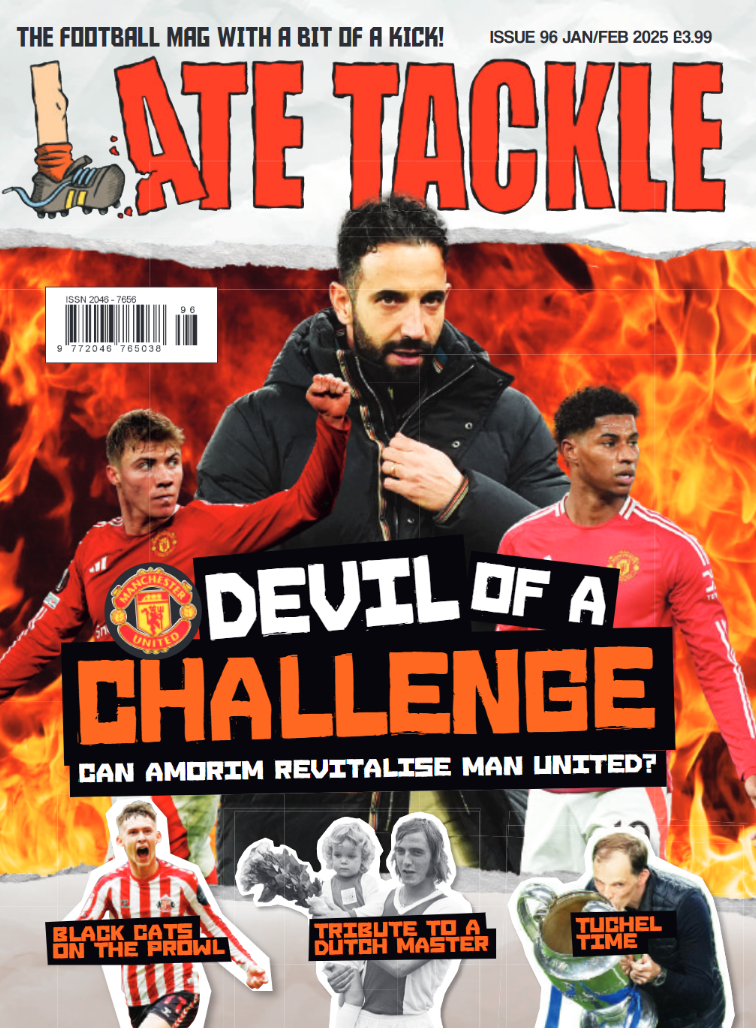AN UPDATED edition of Rob Steen’s evocative examination of the stars of football in the 1970s is well worth a look.
The Mavericks are the seven Englishmen who followed the trail-blazing superstar George Best: Stan Bowles, Tony Currie, Charlie George, Alan Hudson, Rodney Marsh, Peter Osgood and Frank Worthington. They were crowd-pleasers and entertainers who were worshipped at club level but were sadly under-represented at international level, winning only 46 England caps between them.
Despite their lack of international honours, the Mavericks brought colour, excitement, fl air and thrills to football at a time when it was just emerging from the dour 1960s.
The seven were unorthodox, independently minded individuals and extremely talented footballers. But unfortunately, they also had inherent self-destructive tendencies with alcohol, womanising, indiscipline, drugs, gambling, idleness and pride impacting on their international record.
Alan Hudson, for example, received a late summons to play against Brazil in April 1978, but pride dictated refusal.
“That was probably one of the great regrets of my life. I thought I should have been in the original squad. Then someone dropped out and a call came from Greenwood while I was in the Wellington Pub in Sloane Square.
“‘With all due respect, Mr Greenwood,” I said, “I thought I should have been in the side anyway. I don’t want to get picked because you’ve got injuries’.
“You get so many knocks along the way, people picking you when it suits them rather than on merit. It was like Frank Sinatra being asked to fi ll in for Cliff Richard at the Albert Hall. Frank would have told them where to go.”
England’s failure to qualify for the World Cup in 1974 and 1978 could partly be put down to the Mavericks’ lack of appearances. Their talent was generally ignored by Sir Alf Ramsey, Don Revie and Ron Greenwood, but when they were selected, they had to conform to the constraints of the England manager’s regimes and tactics at the time.
As Steen explains, Rodney Marsh said Ramsey never allowed him to express himself and complained ‘he was the one who was asked to do the stopping – overlapping full-backs, opposite number, you name it. It is a wonder Ramsey ever looked his way’.
Tony Currie had the most England caps of the Mavericks with 17, but he glanced back in 1994 with some frustration.

Class act: Tony Currie
“Why didn’t the England managers pick me more often? Why didn’t they pick Worthington, Hudson, Bowles and Currie in the same teams? Why didn’t someone say, ‘Right, I’m going to pick them all for three games and see how it goes?’. I’d love to have seen somebody brave enough to do that.”
In his new afterword, Steen speculates that if the Mavericks had reached their prime in the Twittering Age, they would have been regarded as demigods.
I think they would probably have had more England caps but I’m not sure that their off-the-fi eld antics wouldn’t still have been their downfall. Whether you think the Mavericks were frustrated by a succession of England managers or their own self-destructive tendencies, this is an engrossing read full of smart analysis, entertaining anecdotes and 1970s pop-cultural references.
Ian Aspinall
Rating out of 10: 8
